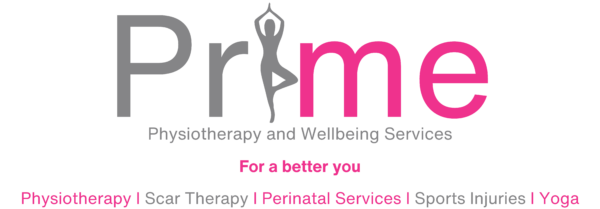Getting the most from your new joint
So, you have just seen your consultant and been listed for a joint replacement – whether this is your knee, hip, shoulder or another joint, chances are this has been coming for some time, with worsening arthritic pain and changes in your joint, causing pain, reduced mobility and function. This can often affect work, social life and general mood and wellbeing.

What now?
Your surgeon may have advised you about getting fit and strong before your surgery – some “prehabilitation”. This is a great way to learn more about how your joint and muscles around it move and work and set some groundwork in place. Research has shown that completing a prehabilitation programme can lead to a reduced length of stay in hospital following your knee replacement surgery and increased strength. There is no harm in getting going and familiarising yourself with some basic exercises. Keeping as fit and active as you can, will also help you to be as medically fit for your surgery as possible.

Early days post operatively
After your surgery, you will see a physiotherapist whilst still in hospital, either on the same day or day after your surgery. They will practice some early range of movement and basic muscle activation exercises with you and will show you how to get up and out of bed, back on your feet with a frame / crutches or sticks and help you learn to climb the stairs, all before you come home. You may also see other members of the team, Occupational Therapy can help with any equipment you need at home to promote your independence and can help with toiletting, washing, dressing etc. Nursing staff will help with basic early care and management of your wound. Pharmacists can help advise regarding pain relief and medications, alongside your surgeon and doctors.
Coming home
Once home, you will be given some exercises to continue with and advice about the early stages of rehabilitation. In order to get the best outcomes from your surgery and get your life back on track you should continue to progress your strength and movement exercise, your mobility with a graded, individualised rehabilitation program.
It is really normal to feel an increase in stiffness and some pain following your surgery, but this can all be managed with pain killers and gentle exercise. Your exercise should be modified according to your progress and pain levels.
Your physical exercise and walking is not the only factor to your recovery.
It is vital you maintain your hydration and nutrition to allow healing and recovery. Hydration will allow your scar to heal and help maintain the health of the scar.
At Prime Physiotherapy and Wellbeing Services, Hannah has worked in orthopaedics for over 15 years. She can assess for any issues with your scar and advise on treatment strategies to ease that as well as your joint and muscles. We would love to help you on the journey to a better you.
